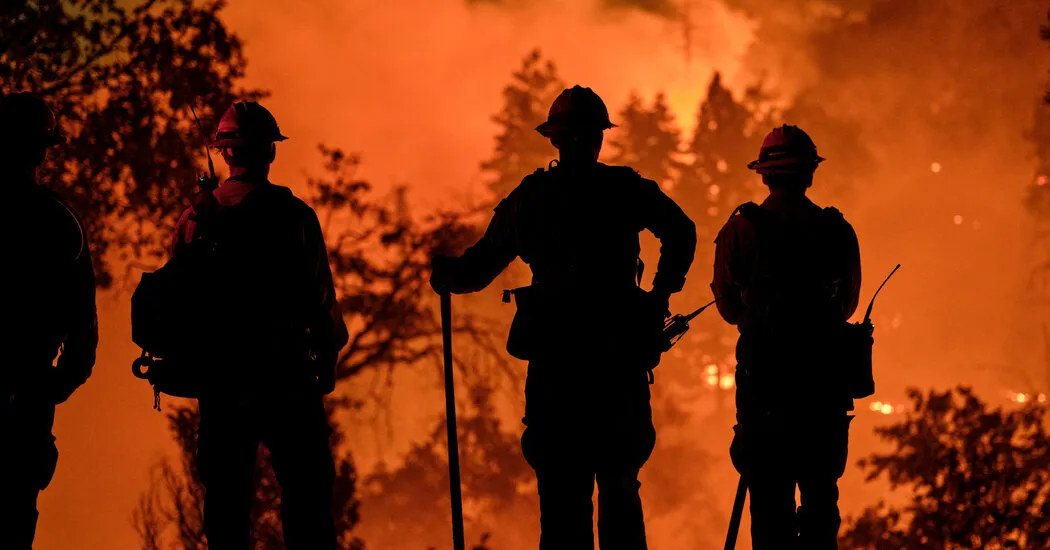Protect Yourself From Wildfire Smoke: Mitigating Air Pollution and Heat Illness

Wildfires and Air Pollution: Understanding the Risks
Wildfires often coincide with high temperatures, creating the heat dome effect, which exacerbates air pollution levels. It is essential to recognize the symptoms of heat illness and the dangers posed by wildfire smoke. Inhaling pollutants can result in immediate health problems, such as coughing and wheezing, headaches, and respiratory complications.
Strategies for Protection
To safeguard your health during wildfire events:
- Stay Indoors: Limit outdoor activities to reduce exposure to smoke.
- Use Air Purifiers: Employ HEPA filters to clean indoor air.
- Hydrate Well: Drink plenty of water to combat heat-related illnesses.
- Monitor Air Quality: Check local air quality reports frequently.
Stay Informed: Managing Health Risks
Overall, staying informed and vigilant about the health effects of wildfire smoke, heat waves, and related air pollution is critical. Take proactive steps to maintain your well-being during such events. For more details on managing your health during wildfires, consult local health authorities and resources.
Disclaimer: The information provided on this site is for informational purposes only and is not intended as medical advice. We are not responsible for any actions taken based on the content of this site. Always consult a qualified healthcare provider for medical advice, diagnosis, and treatment. We source our news from reputable sources and provide links to the original articles. We do not endorse or assume responsibility for the accuracy of the information contained in external sources.
This article was prepared using information from open sources in accordance with the principles of Ethical Policy. The editorial team is not responsible for absolute accuracy, as it relies on data from the sources referenced.